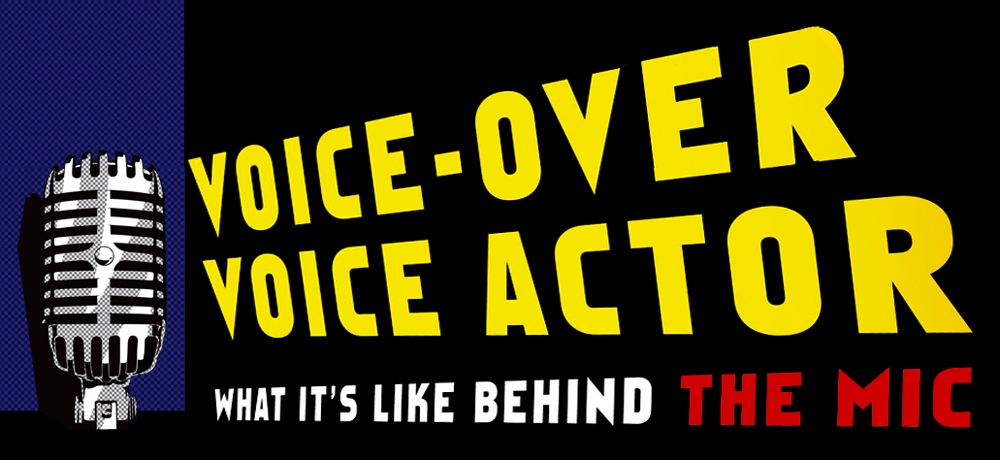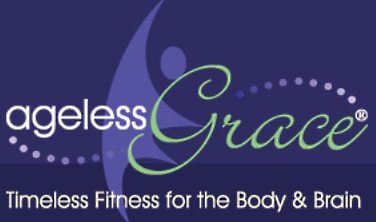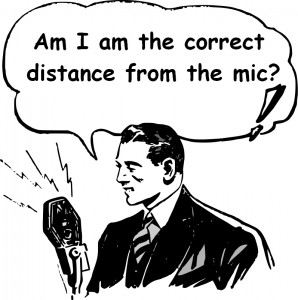Many thanks to Dave “Courvo” Courvoisier for this guest blog!
From Dave’s upcoming book, “You Need More Than a Good Voice to Do Voice Overs,” available soon!

Just as important as knowing WHAT to do in the VO business, is knowing what NOT to do! Being aware of the biggest classic mistakes ahead of time can really help you avoid them.
Some of these admonitions may seem obvious and common-sensical, others are basic concepts you can adapt to your style and business plan.
Do yourself a favor, print this out and post it in a place where you’ll see it often.
By-no-means-complete, but essential list of VO mistakes:
1) Being undecided about your rate. Do your research; many of us charge too little for our services. Or we are apologetic, defensive, blustering… Read the chapters on rates, a little further on in this book. There I lay out my opinions and experience in this area, and give lots of links to other experts’ suggestions as well! Come prepared to a conversation about rates with the client!
2) Believing all you need is an agent and you are in the black! Of course, a good agent is invaluable in obtaining auditions for you that you’d not get yourself, but they will never be your only source of sessions. Look for contacts, keep networking, marketing online and in person, and DO that cold-calling you’ve been putting off. Don’t rely solely on your agent.
3) Making your voice over demo when you are not yet ready. You need practice, you need coaching, you need to know your voice and what it can do. In short, you need to be really prepared. If you pay for that demo too soon, it can be wasted money. And no demo is forever. Be ready to go through the process as often as the market demands.
4) Not getting help with that first demo when you ARE ready! This is really a place for leaving it to the pros. You may think “How hard can it be?” to plop down your voice with your own new equipment. This is a common mistake, but believe me, studios bring experience, skill, and know-how to the process. You can’t be objective enough about your own demo, and you only get one shot at a first listen. Make it the best it can be!
5) Failing to get that agreement in writing. It is always vital to get something in writing. Memories of discussions and “agreements” can so easily change over time, with the potential to lead to uncomfortable and unnecessary conflicts. Plenty of voice actors don’t do this, but most clients don’t blink when you request it.
6) Forgetting to practice – ALOUD – every day! It is absolutely vital to read aloud every day; you can get rusty in a just a few days without this exercise. Do your voice exercises, repeat your tongue twisters, exercise your face, and oh, yes, READ ALOUD EVERY DAY!!
7) Not using TV and radio as an instant, powerful mechanism for practice, and for knowing what is current and popular, and in demand. You must know what is playing on the air at any given time! So listen and learn from today’s commercials, listen to narration on documentaries and reality shows. Stay current.
8) Forgetting the customer’s directives! Within the expertise that you bring to any project, the client’s wishes still need to remain at the top of the to-do list. This is a service industry. Do it their way, and if you think you can do better… make that your 2nd or 3rd take.
9) Being difficult to work with. This is an extension of number 8, above. Be considerate and easy to work with. Listen to the requests of the customer and the engineer, don’t be pushy. Follow up in a timely manner. Be in time, and on time. Never be arrogant. Don’t share info about the job with anyone else unless the client says it’s OK. They may welcome the extra PR, but they may not want anyone to know.
10) Expecting instant success. Don’t lose patience with this process. Be persistent, and be prepared to reach out time and again. Stay on the radar of prospects. Take more classes, buy more coaching, network endlessly... This is a business for tortoises, not hares.
THIS GUEST BLOG IS BY: Dave “Courvo” Courvoisier

Dave is a multiple Emmy-Award-winning TV News Anchor with more than 30 years experience in the biz. He currently anchors 3 newscasts daily at the CBS affiliate in Las Vegas, NV, KLAS-TV (http://www.8newsnow.com)
But Dave always thought he had at least one more good thing in him, and that thing is Voice Acting.
Now with eight years of voicing experience under his belt, Dave has clients that range from Audiobook publishers to E-Learning to Documentaries and Commercial spots. He’s studied with some of the best coaches in the business, and enjoys promoting the community of Voice Actors as a member of the executive board of World-Voices Organization.
Along the way, Dave embraced Social Media as his marketing plan, and THAT lead to even more demand for his services to explain how to use social networks in raising one’s profile on the internet. He has spoken at many business conferences and conducted a number of webinars on the subject of social media marketing.
Dave’s Website: http://courvo.com/
Dave’s Blog: http://www.courvo.biz/
Dave’s Website focusing on one of his strong niches: Audio Book Narrator: http://www.courvo.net/
Thanks again, Dave!
 Other great voiceover artists can be a source of inspiration!
Other great voiceover artists can be a source of inspiration! 


 There are several things that we think you should know before you start auditioning. One of these things is the importance of creating a strong character. We’ve noticed that the people who really succeed in this business are generally good actors first, good voice-over actors second. Strangely enough, when juggling all the balls of voice-over, one of the easiest to drop is the acting. Acting is where the most fun is, so who wants to drop that ball?
There are several things that we think you should know before you start auditioning. One of these things is the importance of creating a strong character. We’ve noticed that the people who really succeed in this business are generally good actors first, good voice-over actors second. Strangely enough, when juggling all the balls of voice-over, one of the easiest to drop is the acting. Acting is where the most fun is, so who wants to drop that ball? Vocal chords are vocal chords, whether we use them for singing or speaking (or shouting! :-) The voice is an instrument and good health and neuro plasticity can be across the board.
Vocal chords are vocal chords, whether we use them for singing or speaking (or shouting! :-) The voice is an instrument and good health and neuro plasticity can be across the board. 














 This is something that can’t be said enough: you must know your own voice. No matter how long you’ve been living with your voice and how well you think you know it, you’re about to start doing things with it that you’ve probably never done before. So take the time to get friendly with your beautiful and unique pipes. You’ll learn to recognize your limits and your strengths.
This is something that can’t be said enough: you must know your own voice. No matter how long you’ve been living with your voice and how well you think you know it, you’re about to start doing things with it that you’ve probably never done before. So take the time to get friendly with your beautiful and unique pipes. You’ll learn to recognize your limits and your strengths.